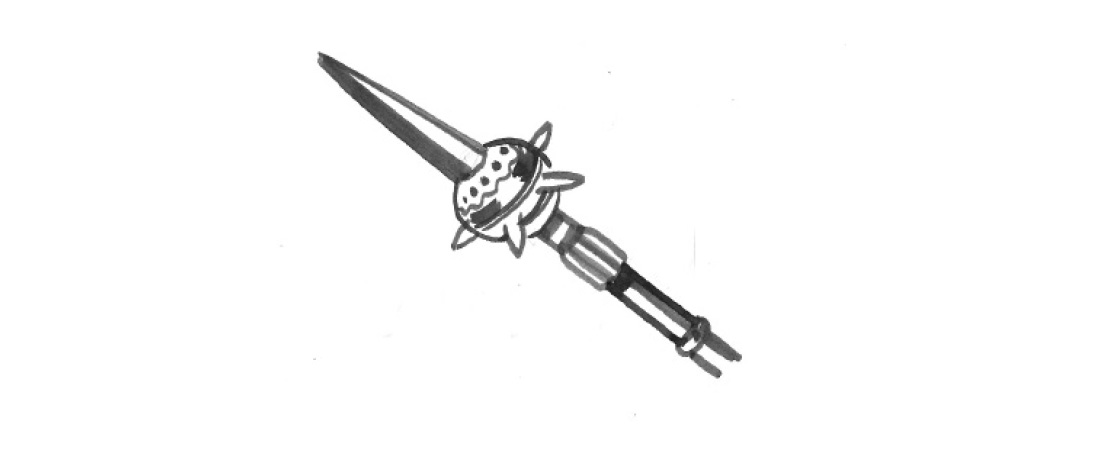In more ways than one can count, it has been an unusual year for Westminster’s harried and hallowed lobby correspondents. Nick Watt, Newsnight’s increasingly long-haired political editor, is no exception.
Watt succeeded Allegra Stratton in the role but must now work closely with the Downing Street press secretary, even if the White House-style briefings don’t seem to be going ahead as anticipated. (A Cummings invention, they went out the door when he did.)
The York-educated journalist joined the Times as a trainee reporter in 1990, but gained what has arguably been his most important role three years later. During the mid-1990s it was by no means obvious the peace process in Ireland would succeed, but as the paper’s Ireland correspondent, Watt was well placed to cut his teeth covering one of the British Isles’ biggest stories in dec- ades. Based in Belfast, Watt kept a watchful eye both on the last phase of the Troubles and the multilateral efforts to bring them to a halt.
Watt’s stint in Belfast was followed by a year as a political correspondent at the The Times before a move to the Guardian, where he spent eight years in the same post and, later, as European editor. Another eight years at Sunday sister paper the Observer was next, this time in the role of chief political correspondent (with a year as acting political editor cushioned in between).
Watt became one of Westminster’s best-connected voices on the coalition government and relations with Brussels in particular. A month before the Brexit referendum, he joined Newsnight.
If Watt leaves the BBC anytime soon – and there are no indications he will – we should pay close attention. Since entering journalism as a youngster, every one of his career moves has come shortly before a major political story: the Good Friday Agreement, the 2008 financial crisis, and Brexit. But it’s in following those world-altering events that Watt seems to thrive, a pushy and precocious broadcaster with a deftness contrasting the heavy-handed style of some industry colleagues – namely Paxman.
But that friendliness isn’t a liability in a business which sometimes fetishises irascibility. Watt is never more than a few yards away from the big story. Despite never having broadcast before joining Newsnight, Watt has ably led the programme’s political coverage, particularly in and around parliament. Watt regularly broke stories involving backbench support (or lack thereof) for the various Brexit deals proposed over the past five years – and, more importantly, knows the differences between them.
Trained by the former Newsnight editor Ian Katz, who is now director of programmes at Channel 4, Watt was forced to learn the multitude of abbreviations needed to master broadcast journalism in a very short period. Katz had been Watt’s deputy editor at the Guardian and entered the fray in the wake of Savilegate and the McAlpine fiasco. Watt has been the face of the programme’s new direction and a rebuilding of trust. His frequent appearances on the old Sunday Politics seemingly provided preparation enough.
Even still, working at the BBC isn’t exactly a breeze at the moment. Regime change and frequent, stern reminders of the sanctity of impartiality have kept the corporation’s journalists on their toes.
Yet Watt, a vigilantly balanced political editor with experience on both right- and left-wing papers, will be unlikely to find this a challenge. And, for all our sakes, let’s hope he doesn’t change employer anytime soon.


